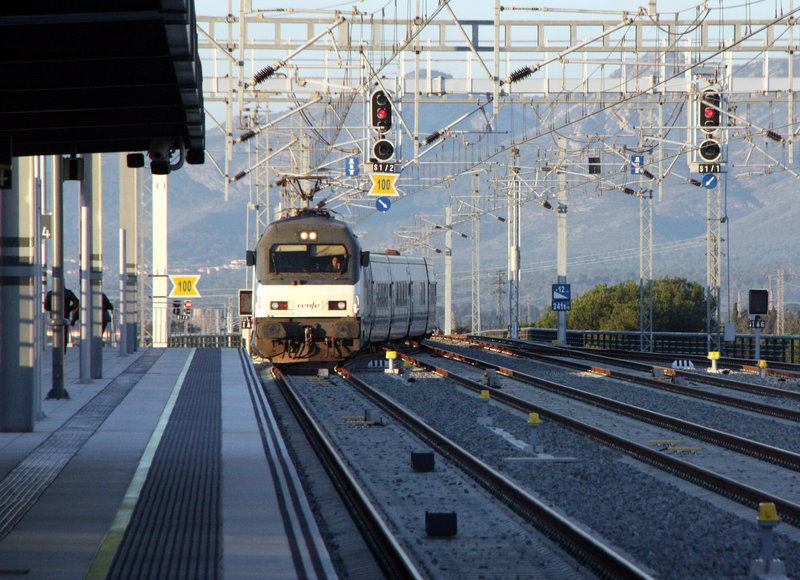SPAIN AGAINST RUSSIA?
In the media campaign of “1984-style” lies by Spain against the Catalan independence movement in an attempt to discredit it before international public opinion, the accusations that Russia supported the independence of Catalonia stand out. All these allegations have been proven false, without a scrap of supporting evidence. On the other hand, Russia’s brutal war of aggression against Ukraine that began in February this year has given more relevance to the issue of Russia.
Thus, the cut in the supply of Russian gas to Europe in September intensified the discussion about the MidCat, a pipeline that was supposed to connect gas from North Africa with the centre of Europe through the Mediterranean in order to reduce the dependence on Russia. However, the infrastructure on both sides of the Catalan Pyrenees is still to be completed. Although there are different reasons for this, the underlying motives are the same as those for the distortion and delay of the Mediterranean Corridor, a trans-European rail freight project to connect North Africa with the centre of Europe along the Mediterranean coast: the centralist Spanish and French states put their own interests before the European common good.
In the case of Spain, the original Mediterranean Corridor project clashes with the concept of a Spain of radial communications. Spain wishes to pass the goods of the Mediterranean Corridor through Madrid at 600 metres high against all economic logic. But in Spain, centralist politics predominates over the economy. Thus, priority has been given to an unsustainable high-speed train ahead of the Mediterranean Corridor, even though the latter may enable efficient economic growth. The result of all the inefficiencies of Spain is a level of public debt of 118% of the gross domestic product (GDP).
However, this is not the worst thing. The silence of the European Union (EU) on the dictatorial behaviour of Spain in recent years in an attempt to quell the longing for independence of Catalonia devalues the EU’s arguments when it wants to teach authoritarian states such as Russia. Thus, a year before the invasion of Ukraine, the High Representative of the EU for Foreign Affairs, Mr. Josep Borrell, could not respond to the Russian Foreign Minister, Mr. Sergey Lavrov, when he reproached him for the existence of political prisoners in Spain, in reference to the Catalan political leaders imprisoned after the proclamation of the Catalan Republic in 2017.
Because of international pressure, Spain agreed to pardon these political prisoners, but the repression against the Catalan independence movement continues, with thousands of people affected and other politicians in exile and mass espionage (the Pegasus case). In Catalonia there is currently no rule of law when for the same incident the charges are very different if it is a pro-independence person. Thus, if Russia’s target is the European project, as Ukrainian President Volodymyr Zelensky said, and this is based on democratic values, according to Article 2 of the EU Treaty, who is really favouring the Kremlin is Spain.
Obviously, the resolution of the national conflict between Spain and Catalonia is to recognise the Catalan Republic, already proclaimed in accordance with international law in 2017. Then Putin would run out of arguments. In any case, the Catalan people continue their struggle until they achieve independence to end the fiscal plunder of more than 8% of the Catalan GDP and the cultural genocide by Spain. The demonstration of more than half a million people for independence on September 11, the National Day, in Barcelona, the largest in recent times in Europe, shows this.

